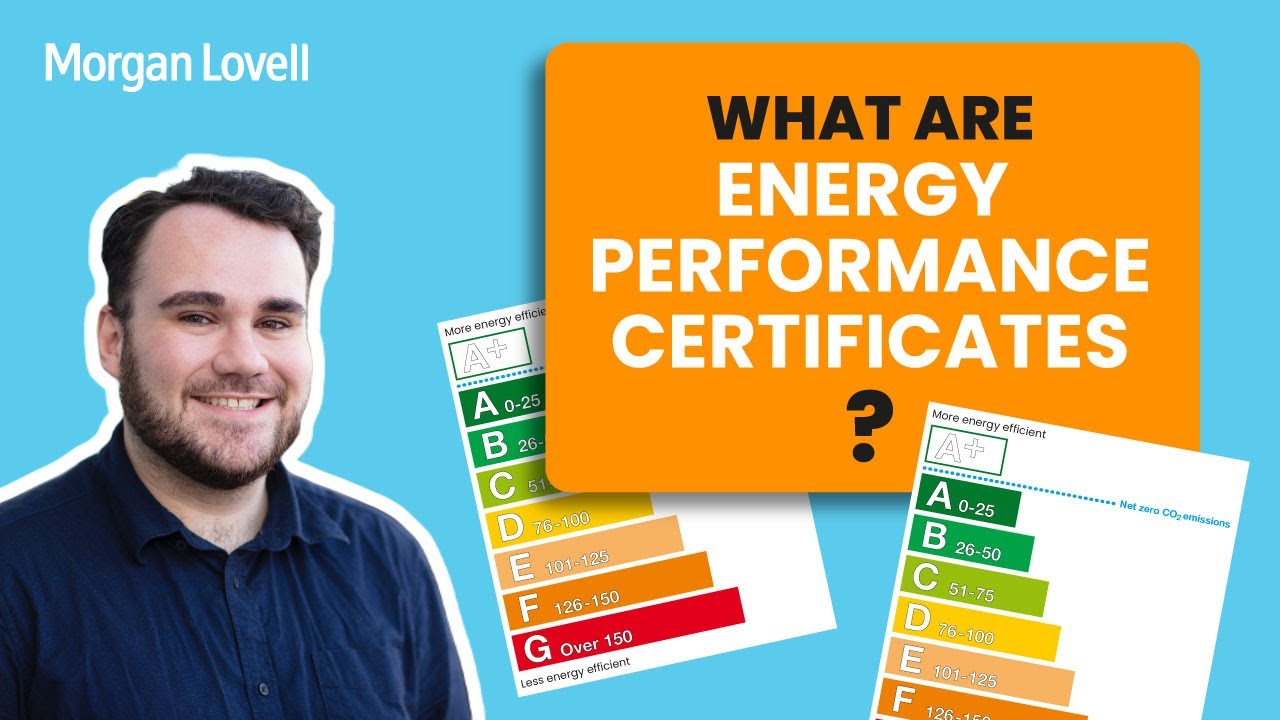What an Energy Performance Certificates in Portugal is but know you need one? This guide covers all to know for you to get your certificate.
What is an Energy Performance Certificate (EPC)?
An Energy Performance Certificates in Portugal is a document that provides an assessment of the energy efficiency of a property. The certificate rates a building’s energy consumption and environmental impact on a scale from A+ (very efficient) to F (inefficient), with A being the best and F the worst.The EPC assesses various aspects of a building, including its insulation, heating, ventilation, and cooling systems. The goal is to encourage property owners to improve their buildings' energy performance, which can significantly reduce energy costs and carbon emissions.
Why Are EPCs Important in Portugal?
EPCs serve several important purposes in Portugal:
- Environmental Impact: With global efforts to reduce climate change, reducing energy consumption and improving energy efficiency is key. An EPC helps property owners and tenants understand how much energy their building uses and its environmental impact.
- Legal Requirement: Since 2009, Portuguese law requires that all properties for sale or rent must have an EPC. This ensures that energy efficiency is a part of the property transaction process and is transparent to potential buyers and renters.
- Cost Savings: Buildings with a higher energy rating generally have lower utility bills. Therefore, having an efficient property can be more attractive to buyers and tenants who are looking to save on energy costs.
- Property Value: Energy-efficient homes can have a higher resale value. In a market that increasingly values sustainability, a good EPC rating can be a selling point.

How Are EPC Ratings Calculated?
The EPC rating of a property is calculated based on its energy consumption per square meter, taking into account several factors such as:
- Building materials: How well the building is insulated.
- Heating and cooling systems: The efficiency of the heating, ventilation, and air conditioning systems (HVAC).
- Windows and doors: Whether they are energy-efficient or allow heat to escape.
- Energy production: The presence of renewable energy sources like solar panels or geothermal systems.
A building with energy-efficient features such as modern insulation, efficient windows, and eco-friendly energy systems will receive a higher rating.
EPC Requirements for Property Transactions
In Portugal, it is mandatory for sellers and landlords to present an EPC when:
- Selling a property: The certificate must be made available to potential buyers before signing the sale agreement.
- Renting a property: The EPC must be presented to tenants before the rental agreement is signed.
Without an EPC, the transaction may be delayed or even considered invalid. Failing to comply with this requirement could also lead to penalties.
How to Obtain an EPC in Portugal?
To obtain an EPC, property owners must hire a certified Energy Efficiency Expert who will carry out an assessment of the property. The expert will analyze the energy consumption of the building and provide recommendations for improving its energy efficiency, if necessary. After the assessment, the expert will issue the Energy Performance Certificate.Here’s a step-by-step process to obtain an EPC:
- Hire a licensed energy auditor (Engenheiro Certificado).
- Schedule an inspection: The expert will inspect the property, analyze its energy systems, and consider all relevant factors.
- Receive your EPC: After evaluation, the expert will provide you with the certificate that includes a rating and suggestions for improvements, if applicable.
Conclusion
An Energy Performance Certificate is an essential document for property transactions in Portugal. It not only helps owners, buyers, and renters make informed decisions but also plays a vital role in Portugal's broader efforts to promote sustainability and reduce environmental impact. For property owners, maintaining an energy-efficient building can offer long-term financial and environmental benefits, while for buyers and renters, it guarantees a more comfortable, cost-effective living space.Whether you’re buying, selling, or renting a property in Portugal, don’t forget the importance of obtaining an EPC. It's not just a legal requirement—it's a step toward a more sustainable future.





